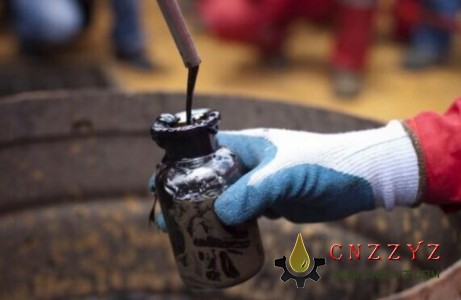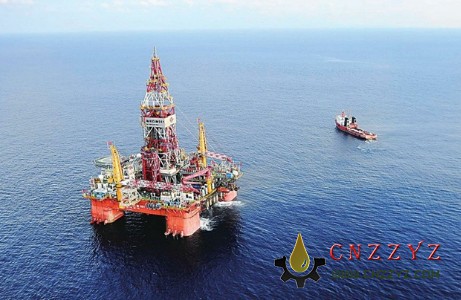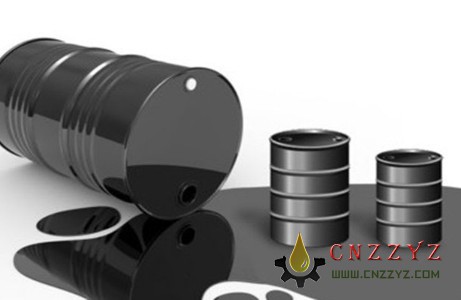石油设备网讯 据普氏能源资讯4月24日报道称,贸易和航运高管表示,越来越多地日本炼油商直接向最终用户交付其石油产品,而不是通过贸易公司以FOB的方式出口,因为他们希望在中东和东亚炼油厂的激烈竞争中与客户建立直接关系,并获得更高的利润和收益。
“如果销售是在交付的基础上进行的,盈利会更好,”一位炼油商表示。
石油产品贸易竞争激烈,因为中东和东亚地区正在兴建新的炼油厂,而现有炼油厂正在提高产能。
“供应石油产品的公司过剩意味着交易的利润空间很小,”消息人士称。
航运经纪人和承租商表示,当交易以CFR为基础或以交割为基础进行时,那么运费也有赚取利润的空间,这是船上交货或者以FOB形式交货所不存在的。
东京的一位租船人表示,在CFR合同中加入FOB价格的名义运费通常高于卖方向船东支付的实际运费。
“如果炼油商将产品直接销售给进口商,那么他就有可能从产品价格和运费上获利,”一位油轮清洁经纪人表示。
他补充说,通常运费收益高于产品本身,特别是在提炼利润率较低时。
徐蕾 摘译自 普氏能源资讯
原文如下:
Japan refiners boost oil product exports on a delivered basis
Japanese refiners are increasingly exporting their oil products on a delivered basis directly to end-users, instead of on a FOB basis via trading companies, as they look to build direct relations with customers amid stiff competition from Middle East and east Asian refineries, and capture higher margins and earnings, trading and shipping executives said.
"Earnings are better if sales are made on a delivered basis," said a source with a refiner.
There is stiff competition in oil product trade because of greenfield refineries coming up in the Middle East and East Asia even as existing ones ramp up their capacity.
"The [plethora] of companies which are offering oil products means trades take place with thin margins," the source said.
Shipping brokers and charterers said that when the trade happens on a CFR basis, or delivered basis, there is a scope to earn a margin on the freight as well, which is not there in free-on-board, or FOB basis contracts.
The notional freight, which is added to the FOB price of the oil product in CFR contracts, is often higher than the actual freight which is paid by the seller to the shipowner, said a chartering source in Tokyo.
"A refiner can potentially earn a profit on both the product price and the freight, if he is selling the product directly to the importer," a clean tankers broker said.
Often the earnings on freight are more than on the product itself, particularly when refining margins are low, he added.






